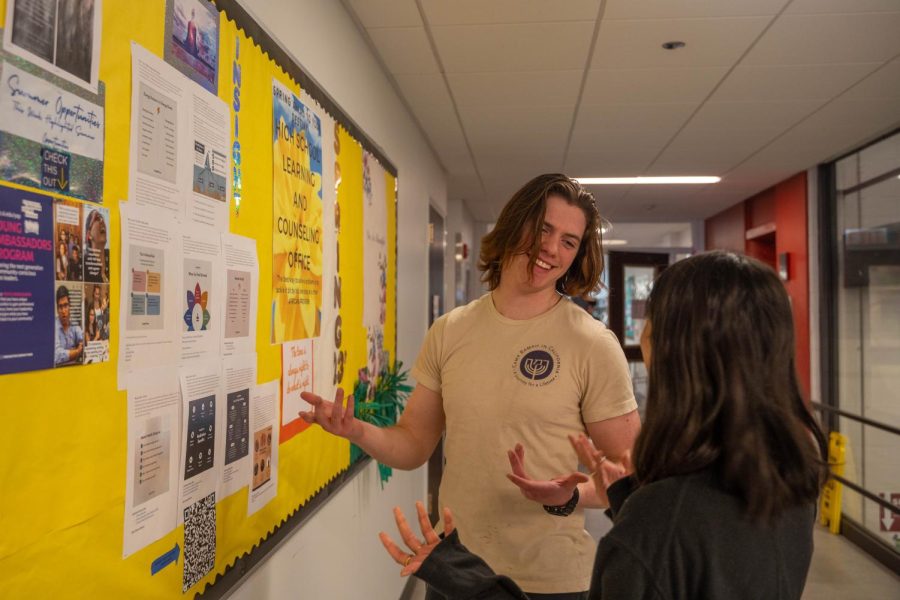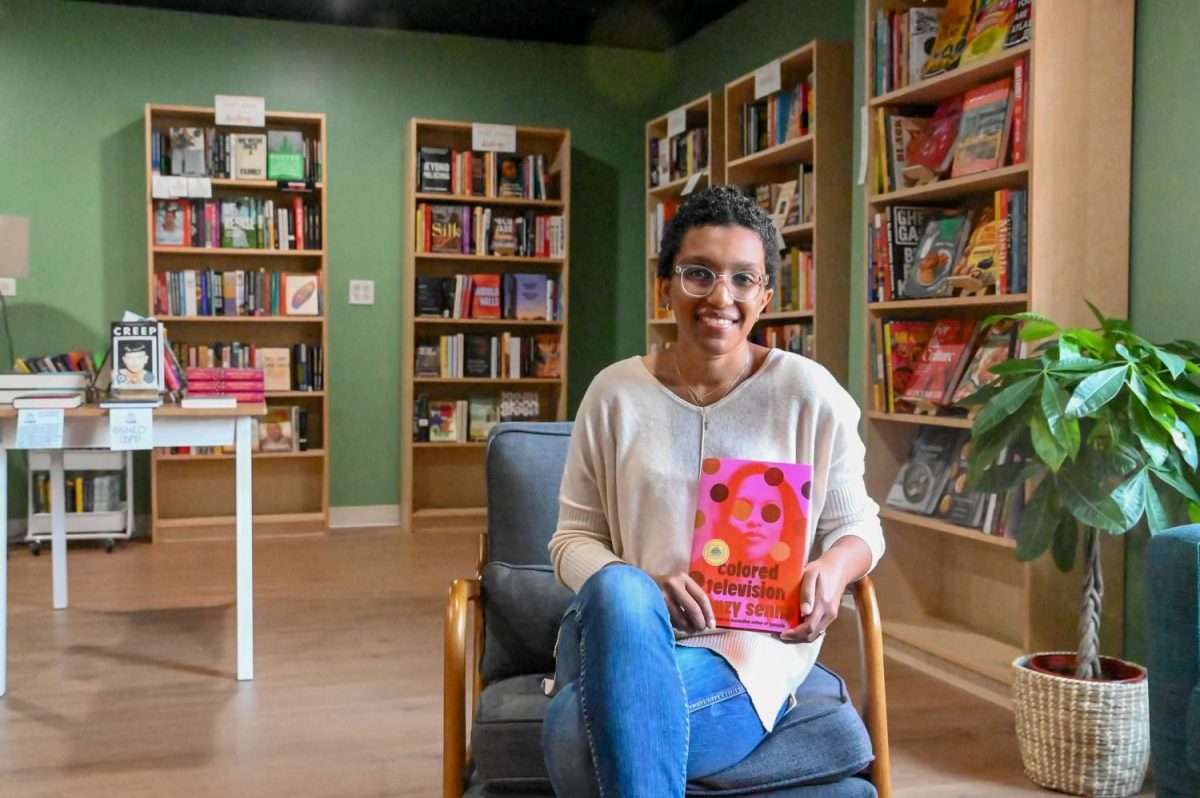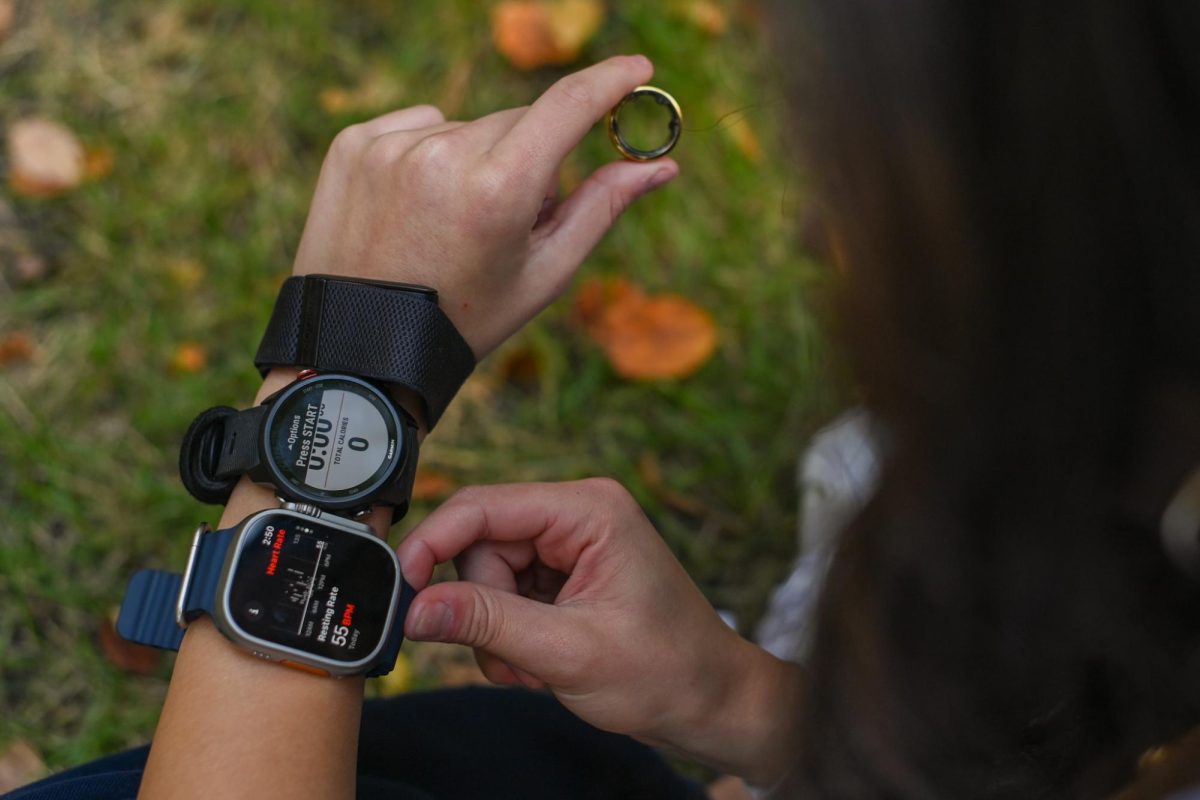Mental health training program expands to student body
A HELPING HAND. Over 40 students became certified in a teen mental health training program that covered resources and ways to help distressed peers.
March 31, 2023
More than 40 students are now certified in a teen mental health training program. The teen mental health partner training was offered to students as an expansion of the program that Lab employees took part in last school year.
The students who completed the training in one of two sessions on March 22 and 24 included 28 peer leaders for the 2023-24 year and 17 other students who applied to participate. It covered subjects from recognizing distress symptoms to suicide prevention, as well information on safe methods and resources for students to utilize when assisting peers.
Junior Olivia Quiles said she learned how to better advocate for issues related to mental health.
“Mental health is not something that a lot of people feel comfortable sharing,” Olivia said, “and I think the more that we talk about mental health and the more that we combat negative stereotypes, we can lead to a better future where people are healthier.”
Sophomore Theo Hinerfeld, who will be a peer leader next year, found the training beneficial and believes it will have a positive impact on the Lab community.
“The training lessened the stigma of talking about mental health,” Theo said. “We talked a lot about how you should always have a circle of people you’re OK with opening up to and talking about your mental health with. At Lab, the people that you think you should open up to are just counselors or teachers, but if you have a peer to do that with, it might lessen the fear of being judged.”
The results of the 2022 Health and Wellness Survey, which detailed Lab’s substantial anxiety and depression levels, have ignited larger discussions about the importance of mental health within the community. According to school counselor Teddy Stripling, the skills and knowledge that students gained should be applied in everyday life.
“It’s great because there’s extra students in the student body that have the expertise to connect with a peer or a classmate,” Mr. Stripling said. “Does that mean that anxiety or depression is going to get completely eliminated? Absolutely not. But if some people are struggling with those, the training makes them more likely to get support. I think that’s a win.”












